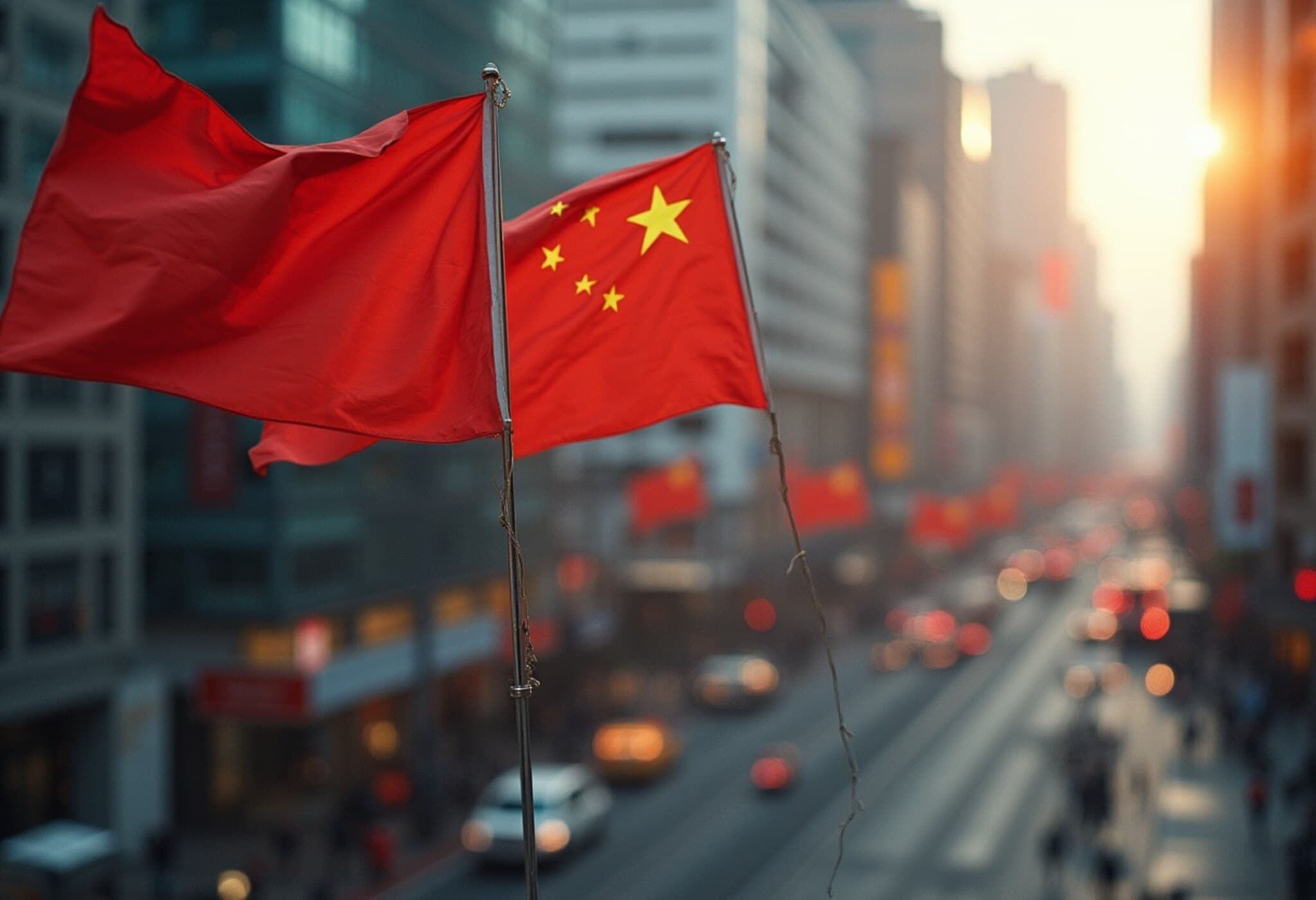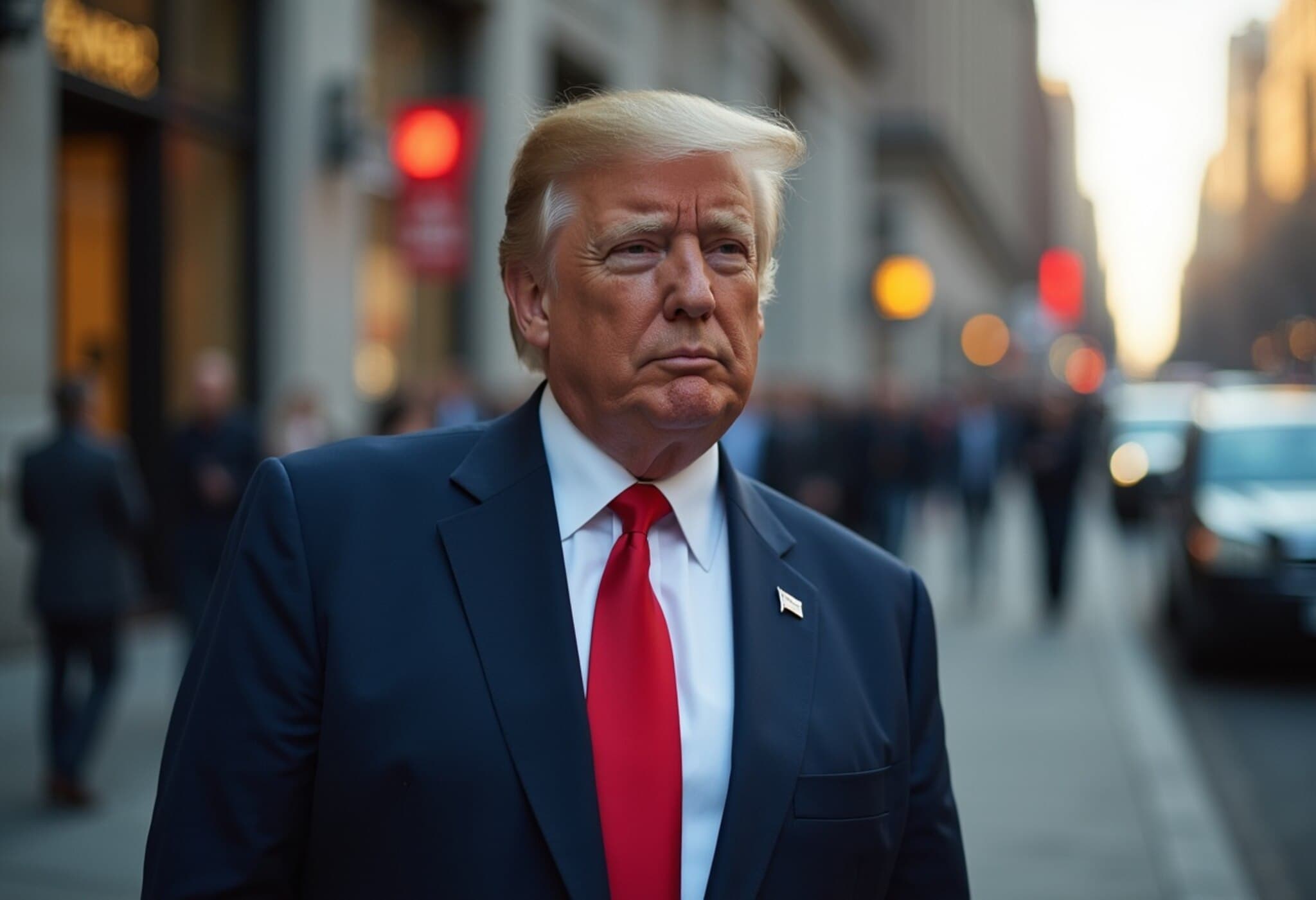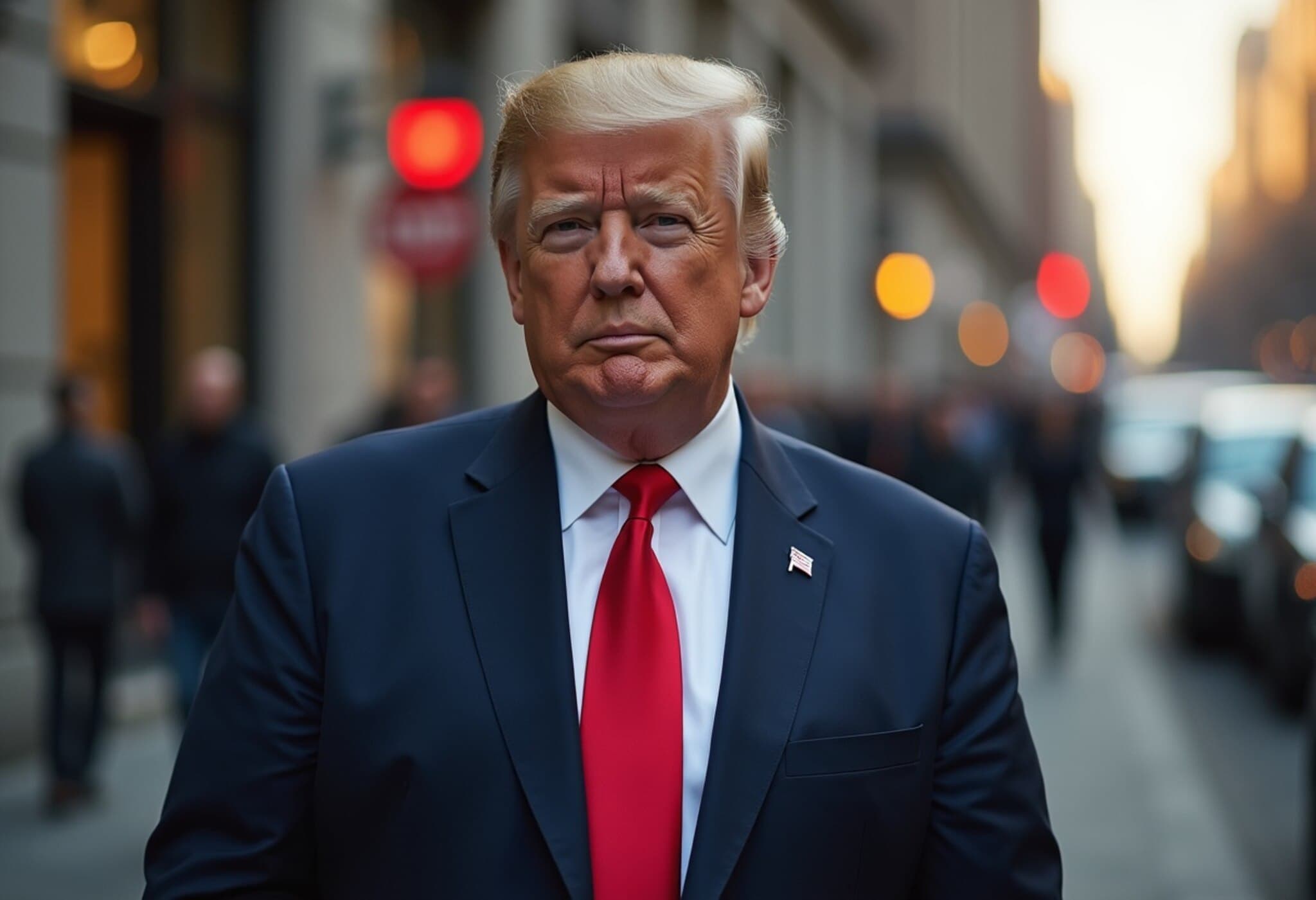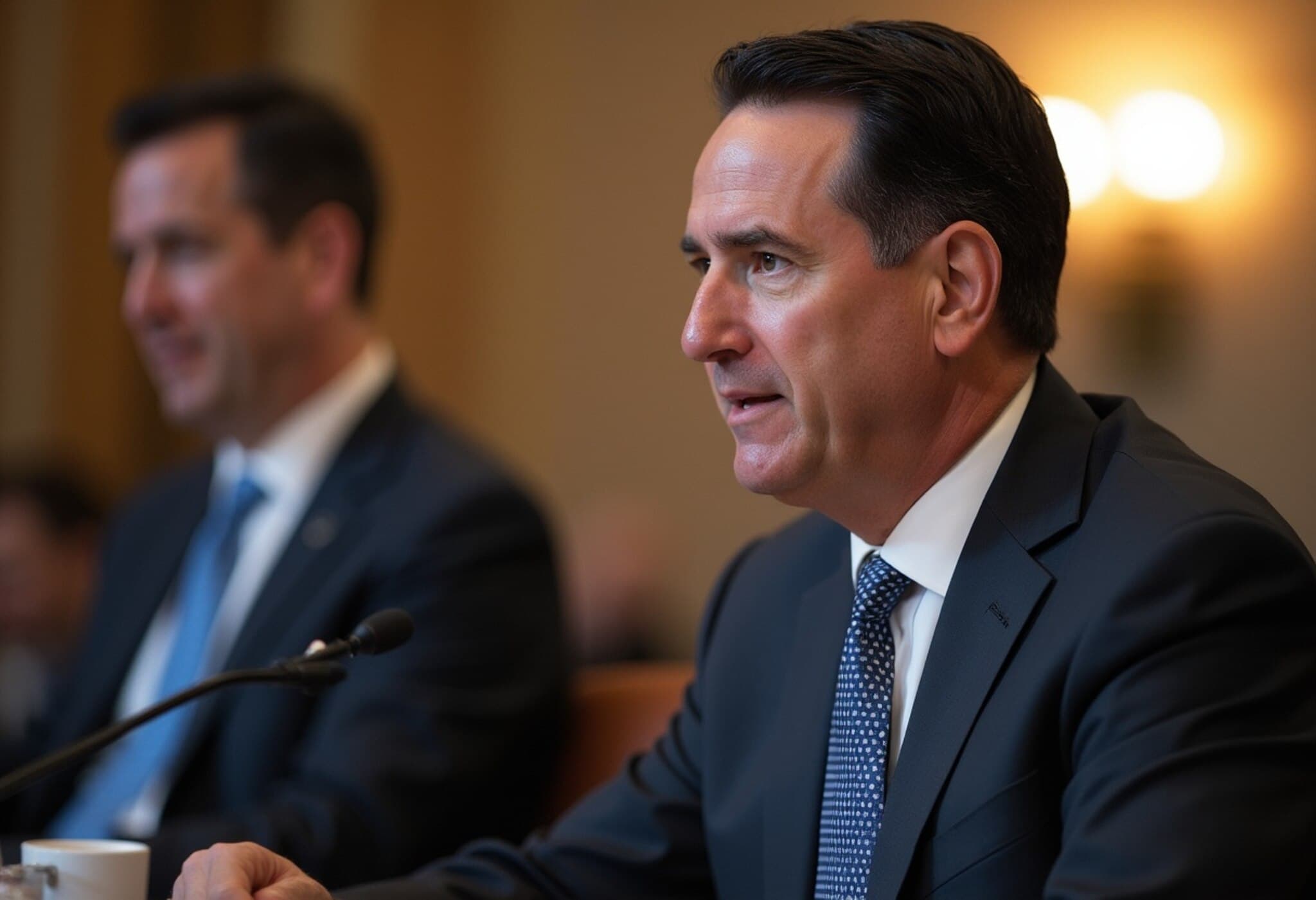China Intensifies Tax Enforcement Amid Economic Slowdown
Facing dwindling revenue from traditional sources like land sales and manufacturing output, China has launched an aggressive clampdown on offshore investment gains by its residents. This fiscal tightening seeks to tap into overseas assets where Chinese investors hold significant funds and investments.
The move is unfolding during a period of decelerated economic growth. In the first half of 2025, China’s economy expanded at just 5.3%, falling short of the government's 5% full-year target, with projections now around 4.6%. Industrial production and factory activity have also weakened, while producer price inflation dipped into deflation territory. In this pressured environment, Beijing is leveraging international tax compliance efforts to shore up state coffers.
The Mechanism: The OECD’s Common Reporting Standard (CRS)
Since 2018, China has been a participant in the Common Reporting Standard (CRS), a global framework backed by the Organisation for Economic Co-operation and Development (OECD) aimed at combating tax evasion. Through CRS, financial institutions in over 120 jurisdictions—including banks, brokerages, and asset managers—automatically exchange information on account holders.
Chinese authorities now use CRS data to identify taxpayers who have been underreporting or omitting their foreign investment income. Citizens and residents spending more than 183 days annually in China are subject to a 20% tax on their worldwide income. Until recently, enforcement capabilities were limited, but a new push seeks strict compliance amid intense fiscal pressures.
Potential Consequences: Investor Exodus and Confidence Erosion
The escalating crackdown, particularly targeting major economic hubs like Shanghai, Zhejiang, and Shandong, is prompting mixed reactions from investors and analysts alike.
1. Shift Toward U.S. Investment Platforms
- As enforcement tightens, some Chinese investors are reportedly considering closing accounts with local brokerages.
- Many appear tentative about global data-sharing agreements; there is skepticism regarding Sino-American cooperation on tax matters.
- Consequently, U.S. financial markets may attract capital seeking less intrusive tax scrutiny or greater privacy.
As one investor commented, "I’m sure that in my lifetime the US and China will not work together; they will not share information. I’m betting on that." This points to an underlying lack of trust that could influence capital flows for years to come.
2. Dampened Investor Confidence in China
Beyond compliance challenges, this tax enforcement strategy risks creating a perception problem. According to Eugene Weng, a Shanghai-based tax lawyer, "When a jurisdiction enforces taxes aggressively, it can signal that the state is struggling with stable, sustainable revenue sources." Such signals can undermine investor confidence and deter long-term commitment to domestic markets.
This dynamic poses a critical question for Beijing: Can the short-term gains from enhanced tax collection offset potential longer-term costs from capital flight and reduced foreign investment?
Economic and Policy Context: Why Now?
China’s reliance on land sales and heavy industries to fund local governments has been increasingly unsustainable. With property markets slowing and industrial output losing steam, fiscal gaps have widened.
The government’s intensified scrutiny of offshore wealth is not just about tax equity—it is a necessity driven by shrinking budgetary flexibility. However, this tactic also reflects broader challenges facing emerging economies in balancing cross-border capital flows with domestic revenue needs.
Expert Perspective
From a policy standpoint, China’s move illustrates the complexities of globalization and digital finance. As wealthy individuals and corporations diversify investments internationally, national tax systems struggle to keep pace without discouraging investment.
Legal experts emphasize that enhancing capacity to enforce international tax rules requires improvements in infrastructure and transparency, alongside confidence-building measures for investors to avoid unintended economic fallout.
What Lies Ahead?
- Will China refine its approach to combining robust enforcement with investor-friendly policies?
- How will U.S. and other global markets respond if large pools of Chinese capital shift offshore?
- Could this crackdown catalyze greater international cooperation or intensify cross-border financial tensions?
As Beijing navigates these turbulent waters, the world is watching closely. This tax crackdown is a significant test of China’s ability to modernize its fiscal mechanisms while maintaining investor trust and economic momentum.











